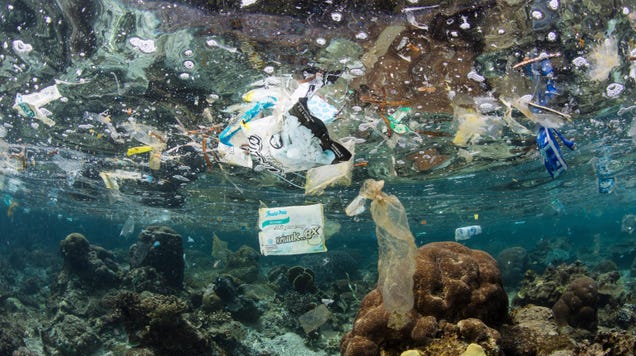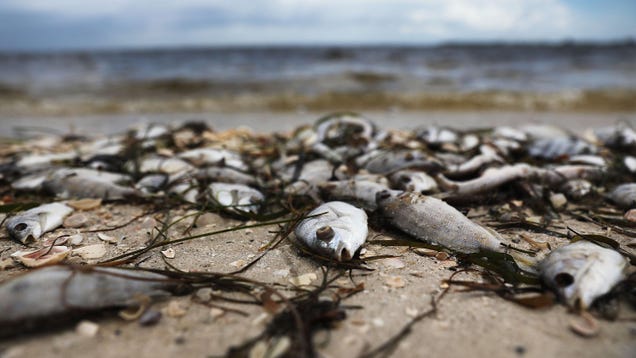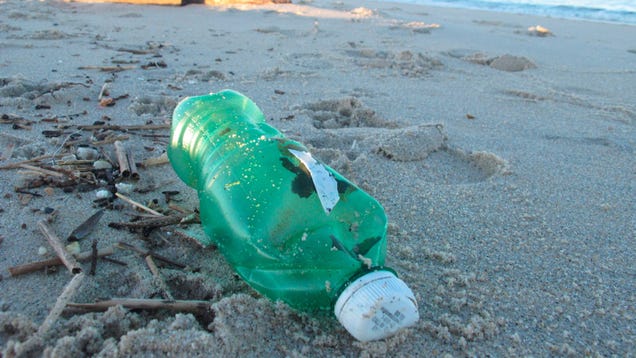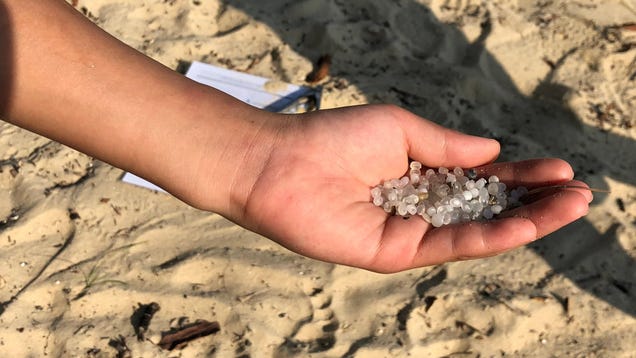
In a paper out this week, scientists argue that a common industrial chemical is contributing to Parkinson’s disease. The chemical is called trichloroethylene, or TCE. And while some states have recently banned its use, TCE remains widely present throughout the U.S.




